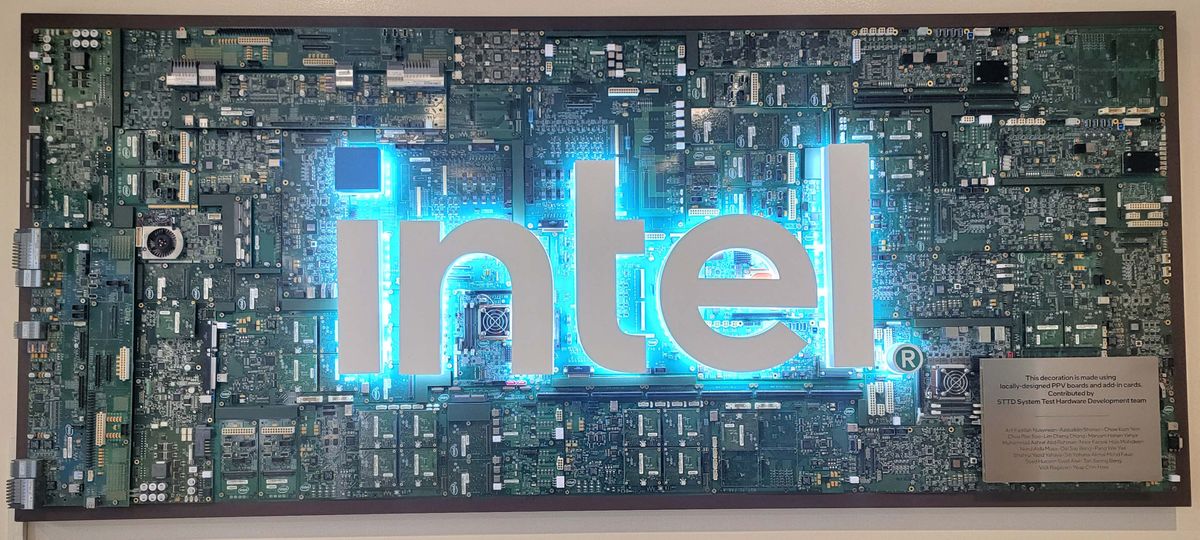Google DeepMind’s CEO, Demis Hassabis, is at the forefront of the AI industry. Some leaders in the field are now questioning the validity of the widespread hype surrounding artificial intelligence. In 2023, AI startups collectively raised approximately $50 billion, with some industry experts likening the significance of AI to that of the internet.
Despite these substantial investments, very few companies have been able to translate this funding into profitable ventures. Moreover, the concept of achieving Artificial General Intelligence (AGI) can often seem like a distant and unattainable goal.
The growing skepticism among AI leaders is prompting introspection within the industry. Nearly a year and a half after the introduction of ChatGPT, the enthusiasm for AI technology remains palpable.
Visionaries such as Bill Gates have likened the impact of AI to that of mobile phones and the internet. Elon Musk has even suggested that AI could propel technological advancements surpassing human intelligence by the end of this decade.
Proponents of AI predict a significant economic impact, with applications leveraging advanced language models from industry giants like OpenAI, Google, and Meta being positioned as catalysts for enhanced productivity across various sectors.
In a noteworthy report released in February, Cathie Wood’s ARK Invest projected that AI could elevate the total GDP by 130% between 2023 and 2030. This forecast was compared to the GDP influence of the steam engine in the 19th century, estimated at around 30%.
Investors are taking notice of these projections, with generative AI and AI-related startups securing nearly $50 billion in funding last year. Notable deals include Microsoft’s substantial investment in OpenAI and significant funding rounds for emerging startups like Mistral from France.
However, amidst the exuberance, there is a growing realization that the current hype surrounding AI may be excessive.
Renowned AI expert Gary Marcus is among those questioning the sustainability of this hype. In a recent Substack blog post, Marcus expressed concerns that the industry’s spending far exceeds its revenue generation, citing a report indicating a massive \(50 billion expenditure on Nvidia chips in 2023, resulting in only \)3 billion in revenue.
The industry’s heavy reliance on expensive infrastructure raises doubts about the long-term viability of AI businesses. Recent events, such as key personnel departures from companies like Inflection AI and Stability AI, underscore the challenges faced by firms fueled primarily by hype.
Google DeepMind’s Demis Hassabis also acknowledged the prevalence of hype in the industry, cautioning against unrealistic expectations fueled by massive capital inflows. The pursuit of Artificial General Intelligence remains a topic of debate, with varying opinions on the timeline for achieving human-level intelligence in AI models.
As the industry grapples with the gap between hype and tangible outcomes, the future trajectory of AI development remains uncertain. Amidst the fervor surrounding AI advancements, the need for substantial progress and practical applications to substantiate the industry’s lofty promises becomes increasingly apparent.










